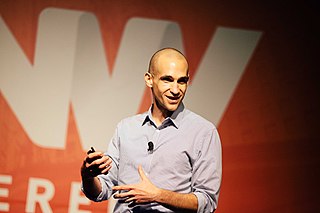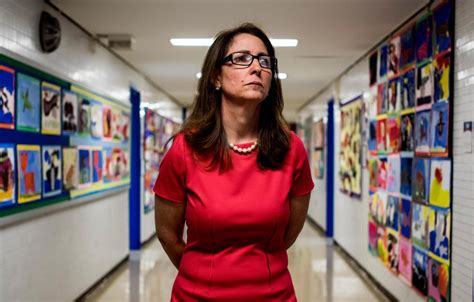A Quote by Laura Arrillaga-Andreessen
When I started teaching at Stanford Graduate School of Business in 2000, no field-based courses in strategic philanthropy existed.
Related Quotes
I started my career as a liberal arts major from Berkeley, wrote about enterprise IT for a few years, then followed my passion for the digital narrative into graduate school as well (also at Berkeley, the Oxford of the West or, perhaps, the Harvard - sorry Stanford!). My first project out of grad school was 'Wired' magazine.
AdNectar was born out of a class project at the Stanford Graduate School of Business in January of 2008. The founders are all avid social network users and we wanted to see if we could discover the optimal way for advertisers to reach consumers in a way that felt authentic and organic, and yet was scalable to a mass audience.
I have to throw in on a personal note that I didn't like history when I was in high school. I didn't study history when I was in college, none at all, and only started to do graduate study when my children were going to graduate school. What first intrigued me was this desire to understand my family and put it in the context of American history. That makes history so appealing and so central to what I am trying to do.
Stanford may be the best university in the world, but you can get all the way through here without knowing where your food came from, without being able to say where we came from, without being able to give a coherent description of why the climate is changing and why we should be concerned about it. So I started teaching a course in human evolution and the environment that's open to all Stanford students, no prerequisites.
The more I do this creative work teaching the "Personal Creativity in Business" course at Stanford the more I realize that business is about people in groups being creative in their own way. If business creativity does not allow individual development, then it isn't sustainable. But if business creativity means people bringing out their best and developing that, then amazing things can happen - not only for the business but also more importantly for the individual and the surrounding community.
Nothing drew me to the film business. I was propelled by the fear and anxiety of Vietnam. I had been drafted into the Marines. My brother was already serving in Vietnam. I bought, if you will, a stay of execution - both literally and figuratively - and went on to graduate school of business from the law school that I was attending.



































